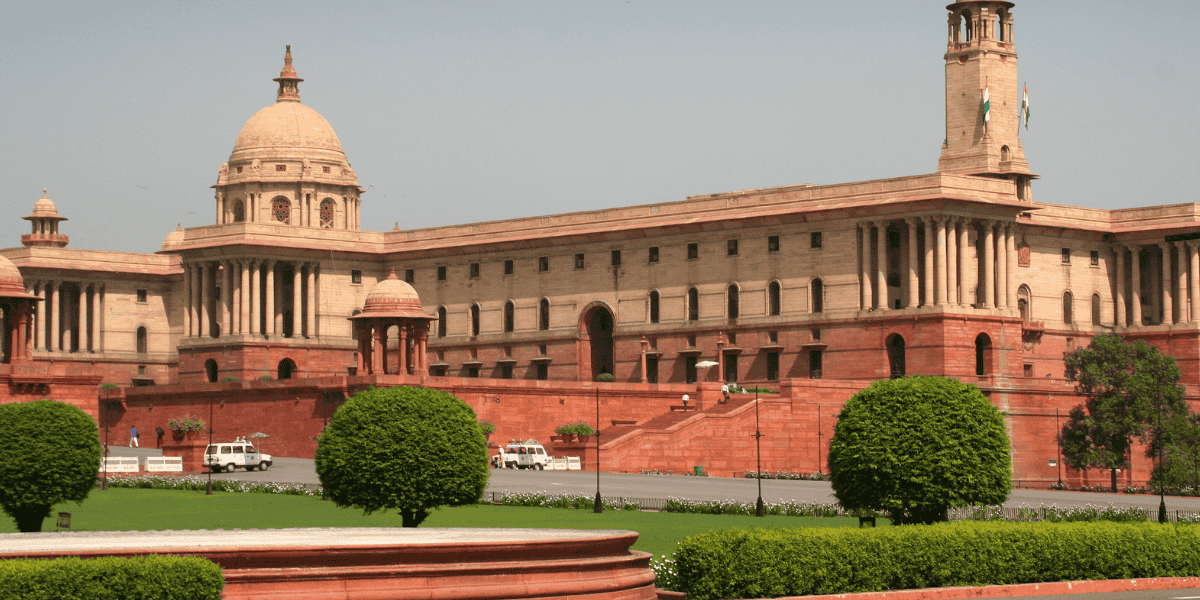India’s Central Board of Direct Taxes (CBDT) has released the Finance Act 2025 on 29 March 2025.
The Act was officially enacted on 29 March 2025, following the President’s assent, implementing the provisions outlined in the 2025–2026 budget.
The newly enacted law is designed to simplify tax administration, improve compliance, and offer support to targeted sectors of the economy.
Finance Act 2025 introduces several amendments which include transfer pricing reforms, updated return filing, International Financial Services Centre (IFSC) benefits, individual income tax reforms, amongst others.
Transfer pricing
The Finance Act 2025 allows taxpayers to determine the arm’s length price (ALP) for three years for international or specified domestic transactions instead of the annual system. It also expands the scope of safe harbour rules under transfer pricing.
Capital gains
Changes to capital gains taxation include redefining “capital assets” to include securities and ensure income from specific investment funds is taxed as capital gains rather than business income.
The Act increases the capital gains tax rate for non-residents and certain funds on long-term assets to 12.5% (up from 10%).
It also extends the tax exemption on specific short-term capital gains for sovereign and pension funds to 31 March 2030 from 31 March 2025.
Extension of updated income tax returns filing deadline
The time limit for filing updated income tax returns has been extended from two years to four years. The additional tax payable on the extra income disclosed will vary based on when the updated return is filed:
- Within 12 months: 25% of the total tax and interest (existing rule)
- 12 to 24 months: 50% (existing rule)
- 24 to 36 months: 60% (new rule)
- 36 to 48 months: 70% (new rule)
Enhancement of Anti-Tax Evasion Framework
The Act implements tougher penalties and advanced digital monitoring to curb tax evasion. It also introduces broader application of the faceless assessment system to reduce human involvement in the evaluation process.
Incentives for Green Energy Initiatives
The Act introduces exclusive tax deductions and benefits for businesses investing in renewable energy and sustainable development projects. It also lowers GST rates on equipment related to solar, wind, and other clean energy sources.
Virtual digital assets (VDAs)
The Act updates the definition of virtual digital assets (VDAs) to include crypto assets and increasing reporting obligations for VDAs.
Withholding tax (WHT)
The law simplifies withholding tax (WHT) and tax collection at source (TCS) rules.
The key changes include increasing the withholding tax rate threshold on rent to INR 50,000 per month (currently INR 240,000 per year), abolishing the 0.1% TCS on the sale of goods, and removing the provision for higher WHT/TCS rates for payees who have not filed tax returns.
The Act also states that the WHT deduction threshold be increased for interest to senior citizens, lottery winnings, professional fees, rent, and more. Additionally, the TCS threshold on overseas remittances will be raised to INR 1,000,000 from INR 700,000, and the TCS on overseas remittances for education funded by loans will be removed.
Start-up incentives
The law extends the three-year 100% tax exemption for start-ups under the Income Tax Act by five years, making it available to start-ups incorporated before 1 April 2030.
Loss carryforward
It amends the loss carryforward rules in amalgamation to allow accumulated losses of the predecessor entity to be carried forward for up to eight assessment years after the year the loss was first computed.
International Financial Services Centre (IFSC) benefits
The Act introduces International Financial Services Centre (IFSC) benefits for ship-leasing units, insurance offices, and treasury centres of global companies, with the deadline for claiming these benefits extended to 31 March 2030.
Custom duties
The law simplifies tariff rates for industrial goods, reducing them to just eight, including a zero rate and exemptions or concessions on essential customs duty (BCD) for life-saving drugs. It also provides duty concessions on minerals, electronic goods, and capital goods for textiles, EVs, and mobile phones. Additionally, it provides a two-year time limit for finalising provisional assessments.
Goods and services tax (GST)
The Act includes the distribution of input tax credit (ITC) by input service distributors (ISD) for inter-state supplies under reverse charge mechanism (RCM), a track-and-trace mechanism for specified goods with unique identification marks and penalties for non-compliance, and a requirement to deposit 10% of the penalty amount for appeals involving penalties without tax demands.
Revised individual income tax brackets/rates
The law introduces revised individual income tax brackets and rates, which are as follows:
- Income up to INR 400,000: No tax;
- Income between INR 400,000 and INR 800,000: 5% tax;
- Income between INR 800,000 and INR 1,200,000: 10% tax;
- Income between INR 1,200,000 and INR 1,600,000: 15% tax;
- Income between INR 1,600,000 and INR 2,000,000: 20% tax;
- Income between INR 2,000,000 and INR 2,400,000: 25% tax;
- Income above INR 2,400,000: 30% tax.
Individual tax rebates
The Act amends the default tax regime which included raising the tax rebate threshold for resident individuals from the current INR 700,000 to INR 1,200,000.
Other tax measures
The Finance Act 2025 also includes proposals for introducing presumptive taxation at 25% of revenue for non-residents providing services or technology to electronics manufacturing in India and extending the tonnage tax scheme to inland water transport vessels.
It also provides clarification that non-residents purchasing goods in India for export will not have a significant economic presence (SEP) in India.
Earlier, India’s Union Budget 2025-2026, presented by Finance Minister Nirmala Sitharaman on 1 February 2025, introduced several key tax proposals.
















